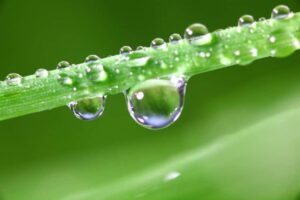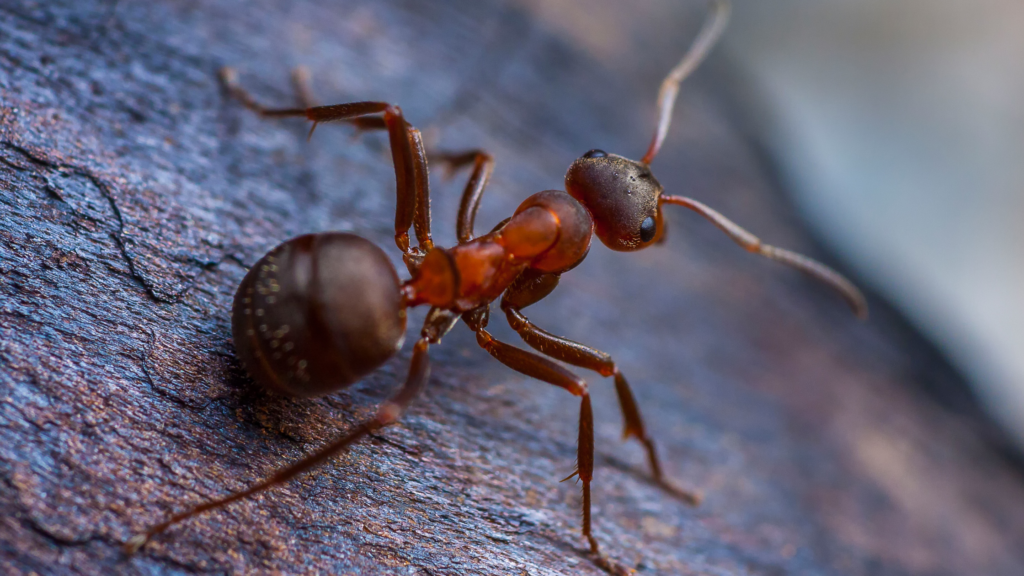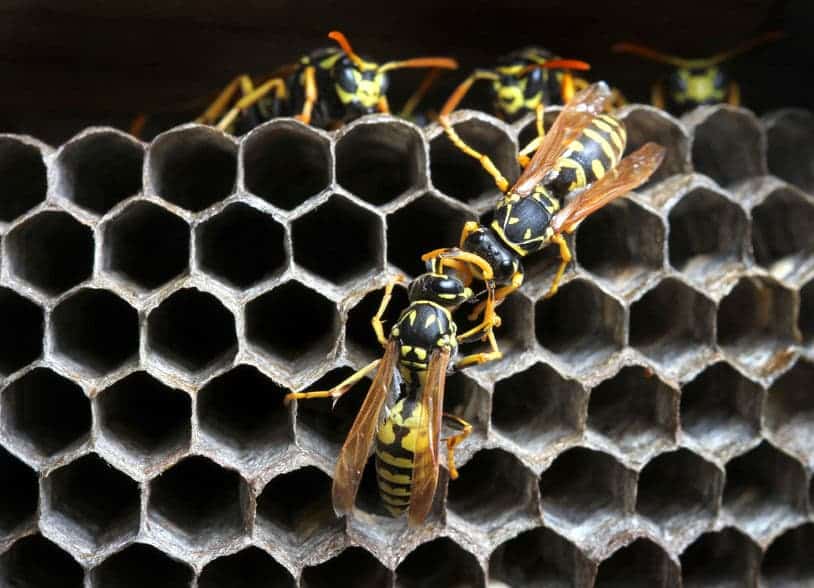
Most Florida turf grasses can tolerate some tough conditions, but there’s no avoiding summer lawn problems now that we’re moving into the hottest months of the year. Drought and extreme temperatures, over- or under-watering, improper mowing and nutrient deficiencies each bring their own kinds of stresses on your lawn, making them vulnerable to a range of unwanted pests and diseases. Here are some lawn care tips and information on lawn problems to help you help your grass stay healthy.
What to know about summer lawn pests.
Several types of insects make their home in Florida grasses, and many are beneficial or don’t cause any harm. Others, however, can do extensive damage to lawns, so control measures should be taken at the first sign of problems. Here are a few of the common summertime lawn pests to look out for in our area:
Chinch bugs
St. Augustine grass can be attacked by chinch bugs any time of year, but now through November is the peak time for these pests to invade. Keep an eye out for dying patches or circular yellow patches, which can appear on any part of your lawn and move to other parts as the chinch bugs keep moving to feed on new areas of live grass. Left unchecked, a chinch bug infestation can destroy your lawn, requiring replacement with new sod.
To control chinch bugs, proper fertilization, mowing habits, and irrigation is essential. Scroll down for tips on irrigating and mowing.
Sod webworms
Tropical sod webworms are tiny caterpillars that eat grass blades during nighttime hours. In the daytime, look for chewed edges on blades of grass and small cocoons in the upper thatch of your St. Augustine lawn. As fall approaches, look for moths rising from the grass as you walk.
There are some DIY options for controlling webworms, but you may need to do multiple treatments to solve the problem. Pesticides used to eradicate webworms may also rid your lawn of the beneficial insects that keep webworm populations down. As with chinch bugs, the best approach is to use the right lawn maintenance practices.
Watch for these lawn diseases.
The first sign of a lawn disease is a discolored area and identifying the source of the problem is the first step to take. According to the University of Florida’s Garden Solutions web page, you shouldn’t apply any chemicals until you know what lawn disease is present. Here are two problems to look for if your lawn shows signs of disease:
Gray leaf spot
According to this University of Florida blog post on summer lawn diseases, gray leaf spot can thin out your lawn and kill wide areas when the weather is wet, hot and humid. During gray leaf spot’s peak season of May through September, regularly inspect your turf grass for gray, oval blemishes on the blades.
Root rot
Root rot can be a year-round problem, but when it appears, overwatering or excessive rainfall is almost always the cause. Your lawn may not die from root rot, but it will cause a decline in the overall health of your lawn. Root rot is sometimes mistaken for chinch bugs, so the cause of symptoms such as discolored patches must be identified before choosing the appropriate treatment.
Irrigate the right way.
Florida lawns require about one and a half inches of water each week. Too little or too much water can cause many of the problems described above, so check to see just how much water your lawn is really receiving by putting an empty, one-inch-deep can on your lawn to get an accurate measurement. During summer months when we may receive heavy rainfall several times a week, it’s especially important to shut off your irrigation system to avoid the problems that overwatering will cause. Read more about our lawn and outdoor experts’ guide to what you need to know about lawn care.
Mowing matters, too.
Mowing plays a role in ensuring your lawn gets the right amount of sun and that it can withstand environmental stresses. Learn more about proper mowing habits during the active growing season.
Call the lawn pros at Turner Pest Control.
Recognizing what’s causing your lawn problems is important when choosing the treatment your lawn needs and not making poor conditions worse. Our experienced lawn and outdoor service technicians can assess your lawn problems and recommend the right solutions. Contact us for a free estimate today.



